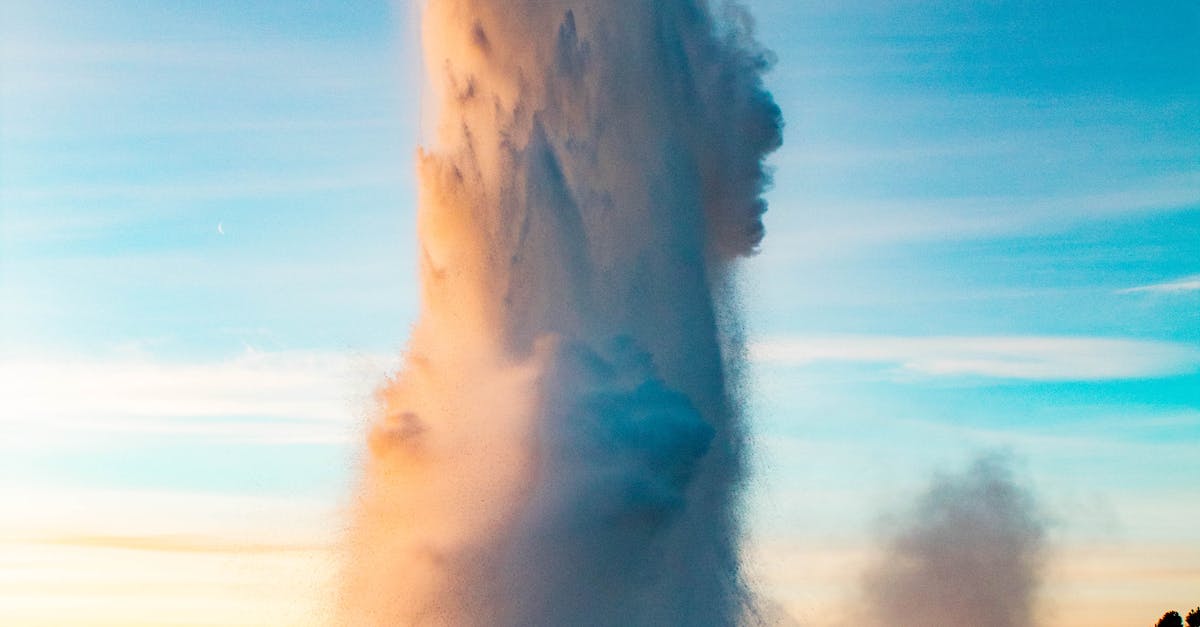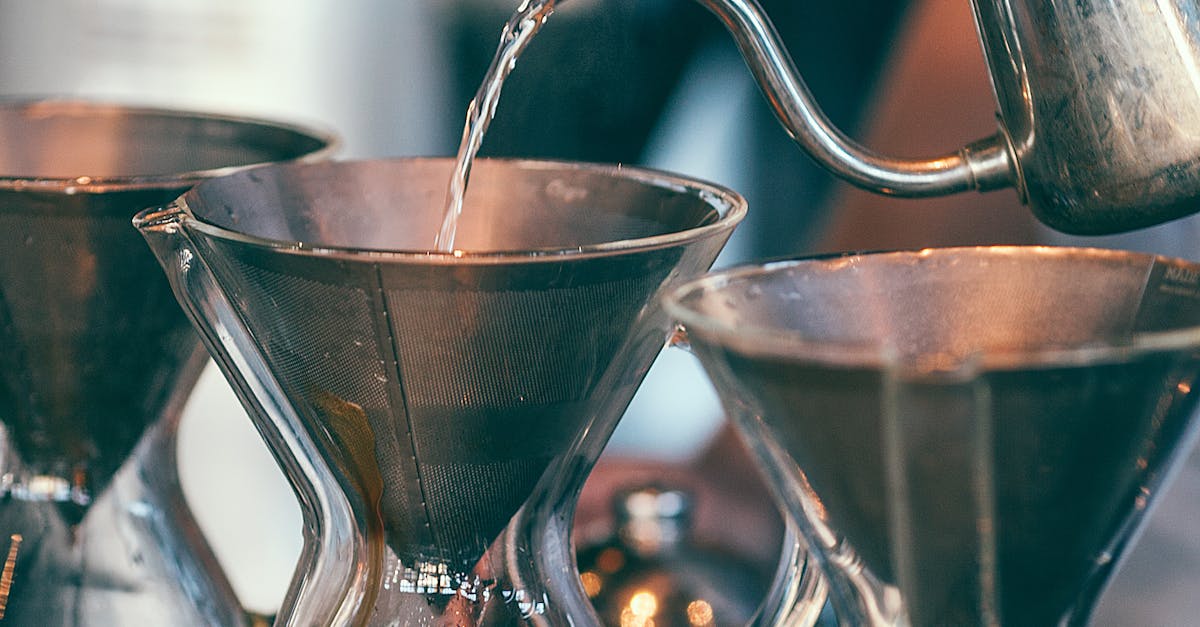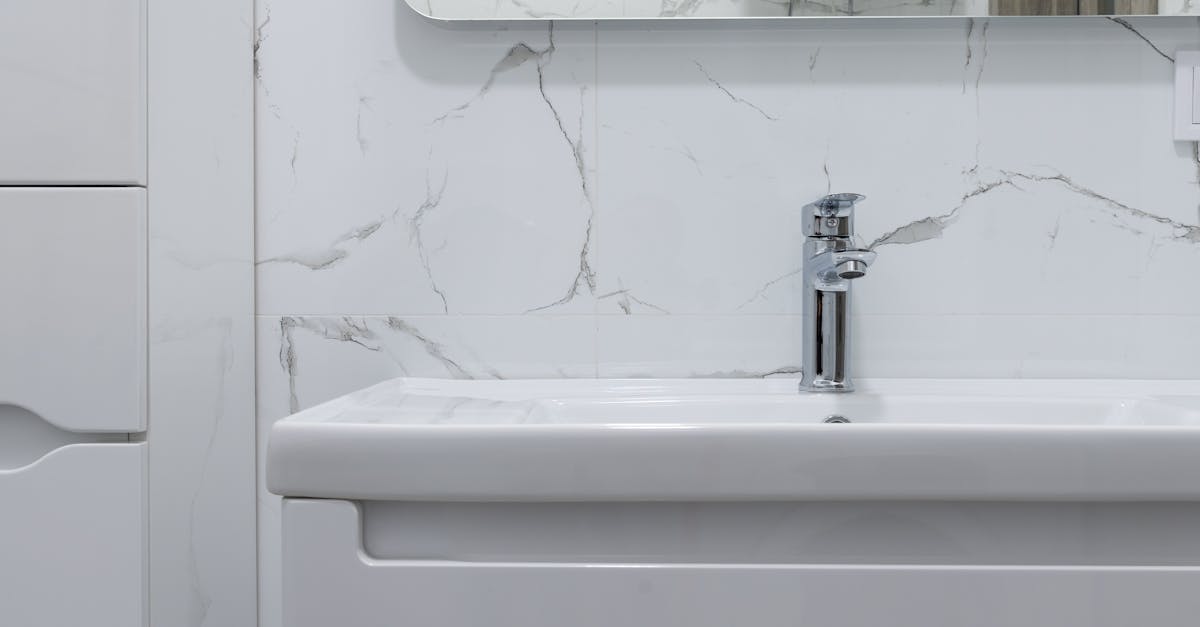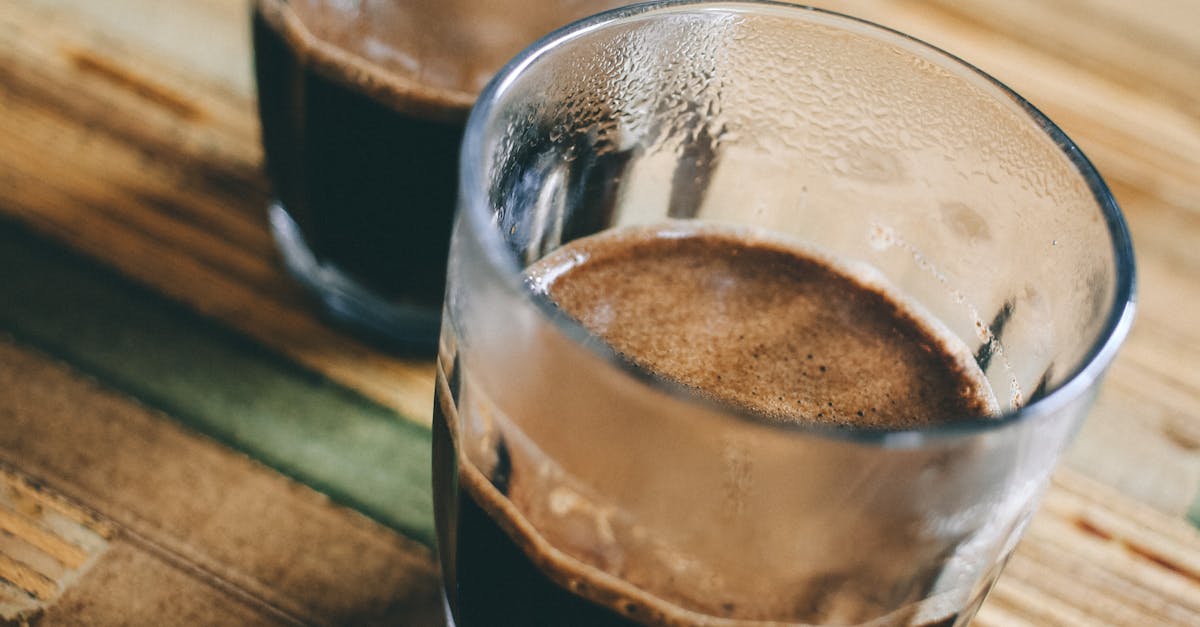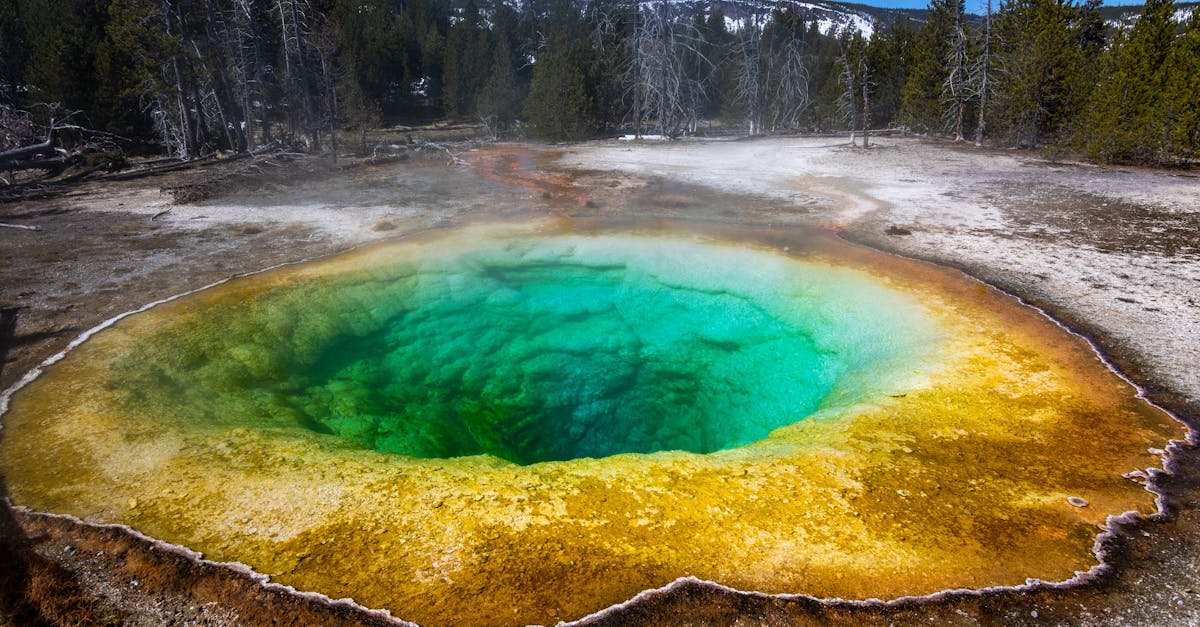
Table Of Contents
Extending the Lifespan of Water Heaters
To ensure your water heater lasts for an extended period, regular maintenance is essential. Hot water system maintenance plays a crucial role in prolonging the lifespan of your unit. By adhering to a strict maintenance schedule, you can prevent potential issues and keep your water heater functioning efficiently.
One of the key aspects of hot water system maintenance is flushing the tank regularly. Sediment and mineral buildup can accumulate in the tank over time, leading to decreased efficiency and potential damage. Flushing the tank helps remove these impurities, allowing your water heater to operate smoothly and effectively.
Protective Measures Against Corrosion
When it comes to prolonging the lifespan of water heaters, one of the key areas to focus on is preventing corrosion. Implementing protective measures against corrosion can significantly extend the durability of your hot water system. Regular maintenance and inspection of the water heater's anode rod are essential to avoid corrosion issues. An anode rod, typically made of aluminium, magnesium, or zinc, is designed to attract corrosive elements in the water before they can corrode the tank. Checking and replacing the anode rod when necessary can prevent corrosion and ensure the longevity of your water heater.
Hot water system maintenance also involves monitoring the water quality to prevent corrosion. Hard water, containing excessive minerals like calcium and magnesium, can accelerate the corrosion process within the water heater. Installing a water softener can help reduce the mineral content in the water, thereby minimising the risk of corrosion. Additionally, using dielectric unions to separate different types of metals within the plumbing system can prevent galvanic corrosion, which occurs when two dissimilar metals are in contact with each other in the presence of an electrolyte like water. By implementing these protective measures against corrosion and staying proactive with hot water system maintenance, you can enhance the efficiency and longevity of your water heater.
Repairing vs. Replacing Water Heaters
When faced with the decision of repairing or replacing a water heater, one must consider various factors to make an informed choice. Hot water system maintenance is crucial to prolong the life of the heater. Regular servicing and inspections can help identify minor issues before they escalate into major problems, potentially saving money in the long run. However, there comes a point where repairing an old water heater may become costlier than investing in a new one.
The cost considerations and benefits of repairing versus replacing a water heater depend on the extent of the damage and the overall efficiency of the system. While repairing a minor issue may seem more economical in the short term, it is essential to evaluate the age of the water heater and the frequency of repairs needed. In some cases, a new, energy-efficient water heater could be a more cost-effective and environmentally friendly choice in the long term.
Cost Considerations and Benefits
When considering the cost implications of maintaining a water heater, it is important to weigh the benefits against the expenses. Regular maintenance can help prevent costly repairs or premature replacements. Investing in professional Hot Water System Maintenance can extend the lifespan of your water heater and ensure it operates efficiently. By periodically checking for leaks, flushing the tank, and inspecting the heating elements, you can potentially avoid unexpected breakdowns and prolong the longevity of your unit.
Moreover, the benefits of maintaining a water heater go beyond cost savings. A well-maintained water heater can provide consistent hot water flow, enhance energy efficiency, and improve overall performance. This reliability ensures that you have access to hot water when you need it most, whether for showering, cooking, or cleaning. By prioritising regular maintenance and promptly addressing any issues, you can maximise the benefits of your water heater and enjoy a reliable source of hot water for years to come.
Environmental Impact of Water Heaters
When it comes to the environmental impact of water heaters, it is essential to consider factors beyond just energy consumption. While energy efficiency plays a significant role in reducing environmental harm, other aspects such as the materials used in manufacturing, transportation, and disposal also contribute to the overall footprint of water heaters. To minimise the environmental impact of water heaters, it is crucial to adopt sustainable practices throughout the life cycle of the product.
Hot water system maintenance is a key component of reducing the environmental impact of water heaters. Regular maintenance not only extends the lifespan of the unit but also ensures that it operates at peak efficiency, thereby reducing energy consumption. Additionally, proper maintenance can help identify and address potential issues before they escalate, preventing unnecessary wastage and promoting a more eco-friendly approach to hot water usage. By incorporating sustainable practices into the maintenance routine of water heaters, individuals can play a proactive role in mitigating the environmental effects associated with heating water.
EcoFriendly Heating Alternatives
For those looking to reduce their carbon footprint and energy bills, considering eco-friendly heating alternatives is a prudent choice. While traditional water heaters may not tick all the boxes in terms of sustainability, there are several newer options available that can satisfy both your environmental concerns and heating needs.
When it comes to eco-friendly heating alternatives, options such as solar water heaters, heat pump water heaters, and tankless water heaters are gaining popularity. By harnessing renewable energy sources like the sun or air, these systems offer efficient and sustainable ways to heat water for your household. Additionally, they can be integrated into your existing Hot Water System Maintenance routine to ensure longevity and optimal performance.
FAQS
Can water heaters really last 40 years?
While it is possible for water heaters to last 40 years, it is not very common. The average lifespan of a water heater is typically between 10 to 15 years.
What factors can affect the lifespan of a water heater?
The lifespan of a water heater can be influenced by factors such as water quality, maintenance, installation quality, and usage patterns.
How can I extend the lifespan of my water heater?
To extend the lifespan of your water heater, you can implement regular maintenance routines, flush the tank annually, install a water softener, and consider adding a sacrificial anode rod.
Is it better to repair or replace a water heater?
It depends on the age and condition of your water heater. If your water heater is nearing the end of its lifespan and requires frequent repairs, it may be more cost-effective to replace it with a newer, more efficient model.
What are some eco-friendly heating alternatives to traditional water heaters?
Eco-friendly heating alternatives include solar water heaters, heat pump water heaters, and tankless water heaters, which are energy-efficient and have a lower environmental impact compared to traditional water heaters.











